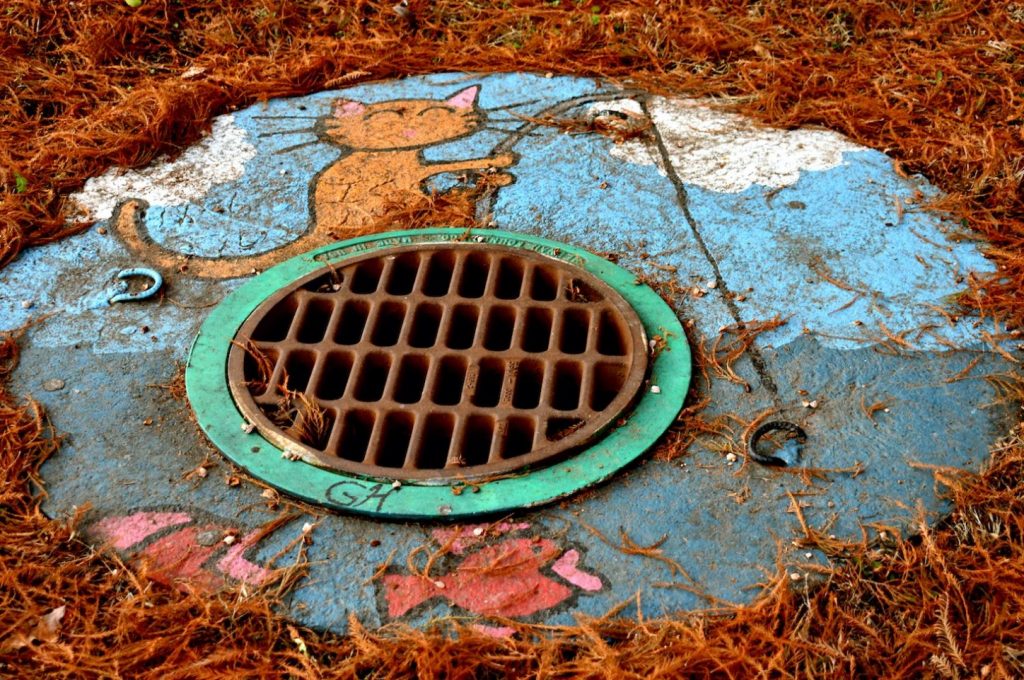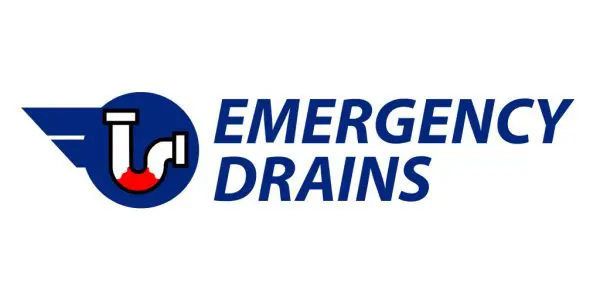Drain blockage can be a serious cause for health considerations in your home, and is a primary concern when it comes to the hygiene of your plumbing. Bacterial contamination, mould and fungal growth all scratch the surface of the host of problems that arise out of blocked drains – so why do we let them go so far out of hand before dealing with them?
Much of the time, not knowing how badly these issues can devolve is to blame. Thankfully, we’ve outlined some telltale signs to look out for at Emergency Drains, so you can get on top of these hiccups before they turn into big-time problems.
Abnormally Loud Knocking in Your Water Pipes
Ever heard the sounds of hammering in the pipes of your plumbing after shutting off your faucet, or turning off your shower knob?
The phenomenon is known as water hammer, and normally occurs when you shut off your water access too suddenly, giving it enough inertia and kinetic energy to vibrate the pipe itself against the wood framing that scaffolds your plumbing. Normally, it’s not uncommon to hear these noises in most households – your plumbing might not have any problems, just the lack of air chambers and riser pipes to absorb residual shock, and assist in water flow from one area to another.
Where this becomes a problem, though, is when the hammering continues with abnormal intensity and locality: being distractingly loud, without relevance to traceable piping could mean that water is struggling to move through an area of your pipes, potentially for reasons to do with blocked drains. Given enough purchase for this blockage to escalate to your drainage, there’s a chance an increase in water hammer could lead to a blocked drain.
Strange Odours and Smells
It goes without saying, but weird odours coming out of your sinks and drains should always be a warning that there’s something wrong with the way your waste moves through your sanitation.
Progressively worsening smells could be a sign of developing bacterial cultures around liquid and material struggling to flow, the perfect breeding ground for harmful strains in constant need of glucose sources and moisture.
The presence of these awful smells is often associated with the development of cultures like biofilm along sectors of pipage closest to your drains, or stagnating water – a reduced rate of flow in your water cycling that allows time for bacteria to multiply and develop.
Toilet Issues
Last but not least, toilet issues are the most common denominator where blocked drains are concerned, considering that toilet waste is the largest contributor to waste flow period.
Should the water levels in your toilet bowl be higher than usual, or if it doesn’t drain as fast as it normally would, there is potential that there is blockage in your toilet drainage. Failing that, though, the only remaining explanation would be a problem deeper down the track in the sewerage drainage system.
Sure that these signs are all leading to some blocked drains? Emergency drains offers a variety of plumbing solutions that can suit your particular needs – all you need to do is reach out, and we’ll find out how best to address your drainage health.



